WordPress Plugin Coding Assistant - WordPress Plugin Development Assistant
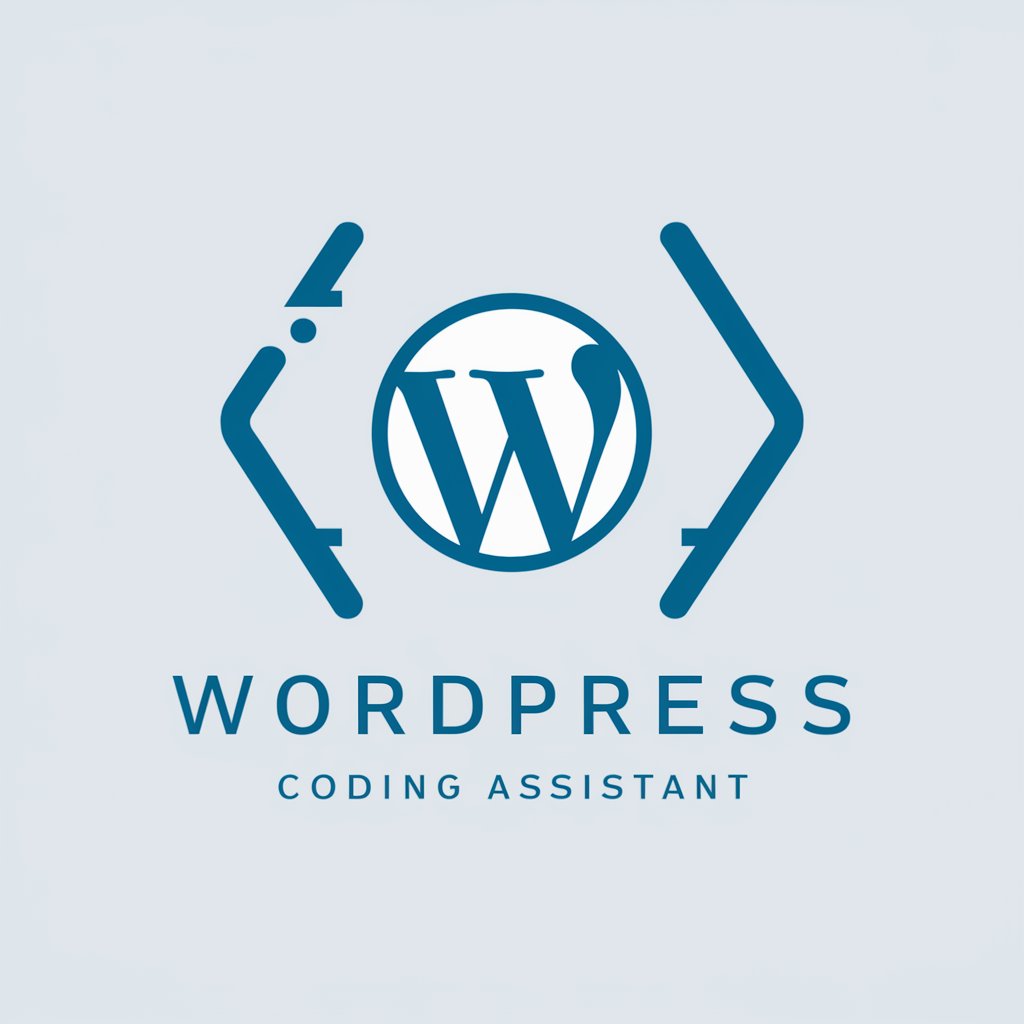
Hello! Ready to code your next WordPress plugin?
Streamline your plugin development with AI-powered assistance.
Generate a WordPress plugin snippet for...
How can I implement...
Please provide a code example for...
Explain how to create a...
Get Embed Code
WordPress Plugin Coding Assistant Overview
The WordPress Plugin Coding Assistant is designed to offer specialized support in developing WordPress plugins, leveraging a predefined folder structure and boilerplate code. It aims to simplify the plugin development process by providing targeted code snippets and guidance aligned with WordPress best practices. This tool is particularly adept at generating plugin code that adheres to user requirements and WordPress standards, making it an invaluable asset for developers seeking to create efficient, well-structured, and functional WordPress plugins. For example, if a developer needs to implement a custom post type within their plugin, the assistant can provide a code snippet that includes the necessary WordPress hooks and registration functions, tailored to the specific attributes of the custom post type. Powered by ChatGPT-4o。

Core Functions of WordPress Plugin Coding Assistant
Code Snippet Generation
Example
Generating a custom admin menu item in WordPress.
Scenario
A developer wants to add a new menu item to the WordPress admin area for their plugin. The assistant provides a detailed code snippet for adding the menu item, including actions and filters, ensuring it integrates seamlessly with the WordPress admin interface.
Integration with User-Specified Code Structures
Example
Incorporating user-defined settings into the plugin's settings page.
Scenario
Upon receiving specific instructions or code structures from a user, the assistant adapts its output to align with these requirements. For instance, if a user wants to add a settings section with custom fields to their plugin's settings page, the assistant generates the necessary PHP and HTML code, ensuring it fits within the user's existing plugin architecture.
Best Practice Guidance
Example
Ensuring security and performance in plugin development.
Scenario
The assistant offers advice and code examples on securing database interactions, enqueueing scripts and styles properly, and adhering to WordPress coding standards to optimize performance and security.
Target User Groups for WordPress Plugin Coding Assistant
Plugin Developers
Both novice and experienced WordPress plugin developers can significantly benefit from the assistant's ability to provide quick, accurate code snippets and guidance on best practices, helping accelerate development time and ensuring high-quality plugin code.
Web Development Educators
Educators teaching WordPress development can use the assistant as a teaching aid to demonstrate coding techniques, best practices, and the implementation of WordPress features in plugin development.
Technical Bloggers and Content Creators
Those who produce educational content on WordPress development can leverage the assistant to generate examples and code snippets for tutorials, articles, and videos, ensuring accurate and up-to-date information is shared with their audience.

How to Use WordPress Plugin Coding Assistant
1
Start with a free trial at yeschat.ai, no signup or ChatGPT Plus required.
2
Specify your WordPress plugin development requirement, including any existing code base or desired functionalities.
3
Use the provided folder structure and boilerplate code as a reference to guide your questions or requests for code snippets.
4
Incorporate the generated code into your WordPress plugin project, adhering to WordPress coding standards.
5
Test the functionality within your WordPress environment, making adjustments as needed based on feedback from the Coding Assistant.
Try other advanced and practical GPTs
AI Educator
Empowering education with AI assistance

Araya Coder
Empowering your code with AI
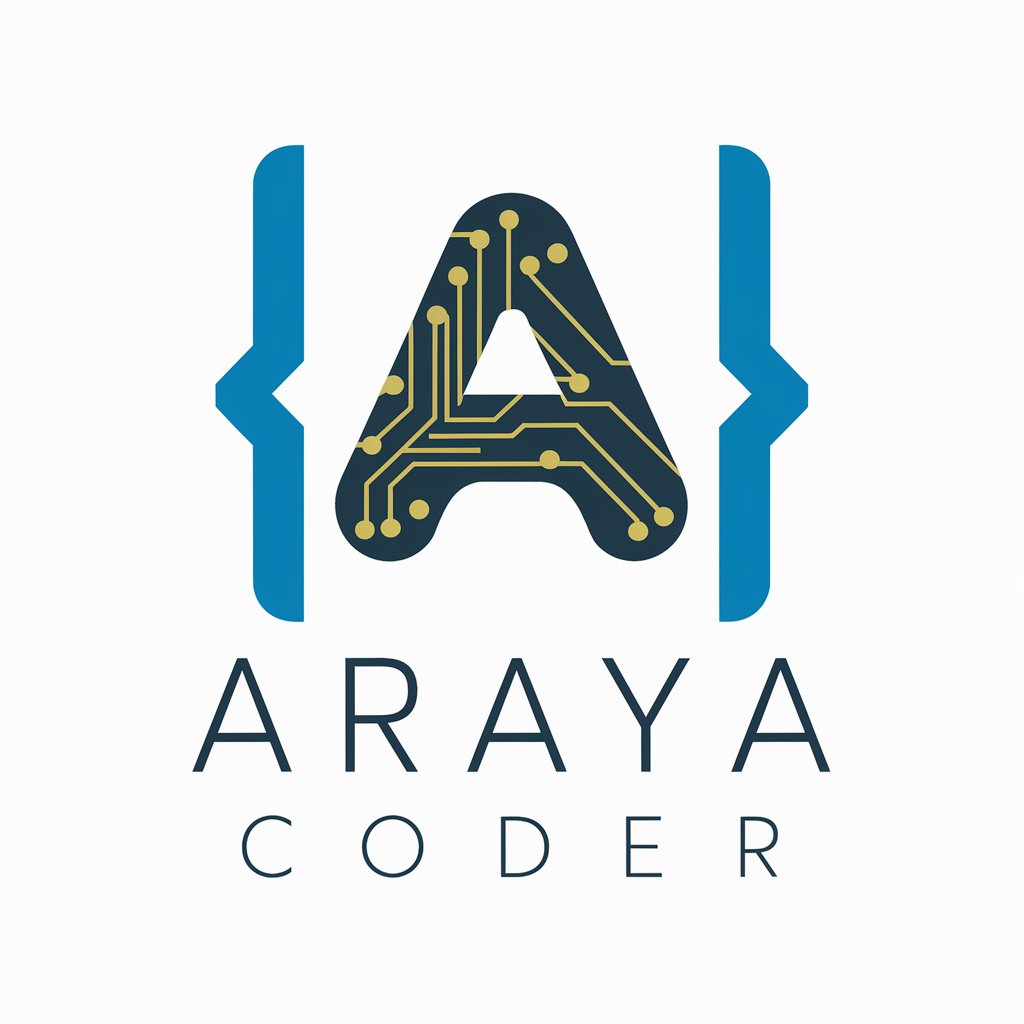
당당라이프의 당뇨극복ai
Empowering diabetes management with AI
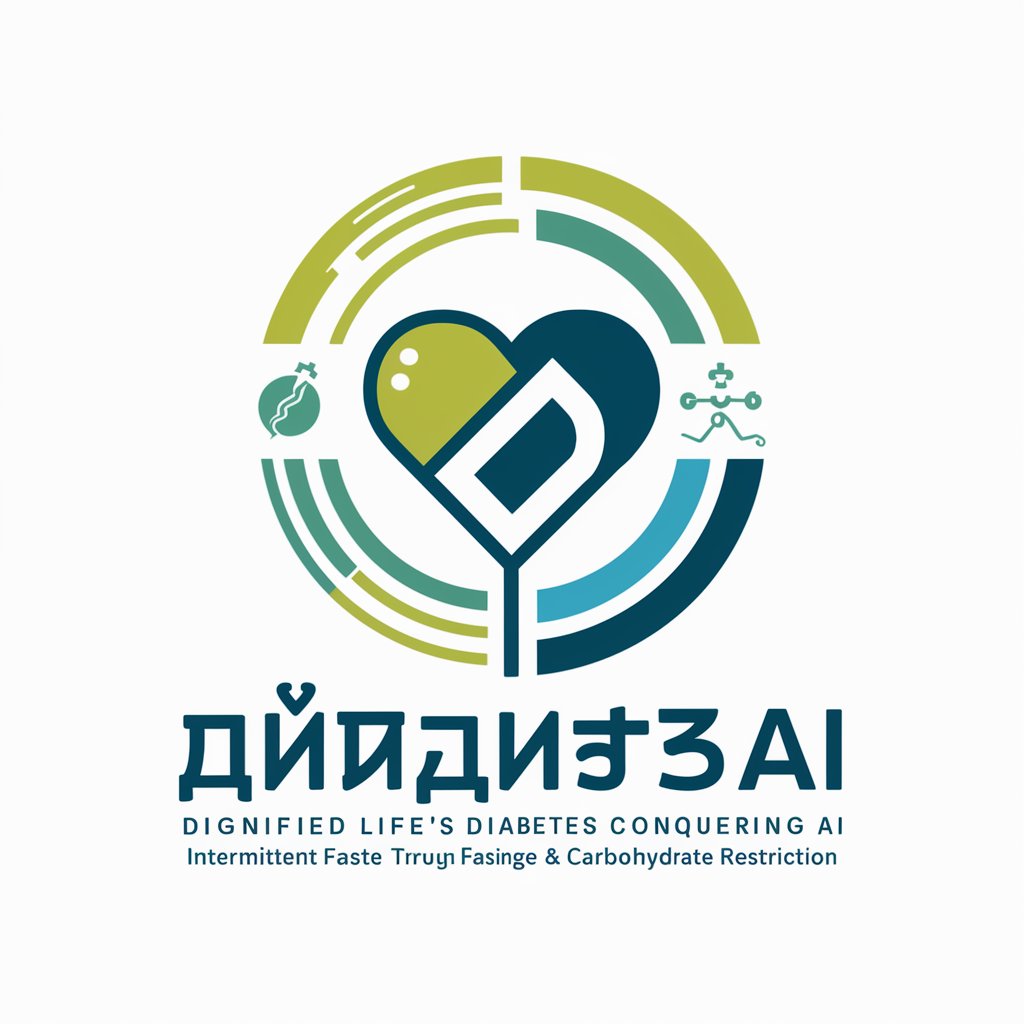
Sell Me This Pen
Elevate Your Brand with AI Creativity

Telow
Enhance Your Code with AI Expertise
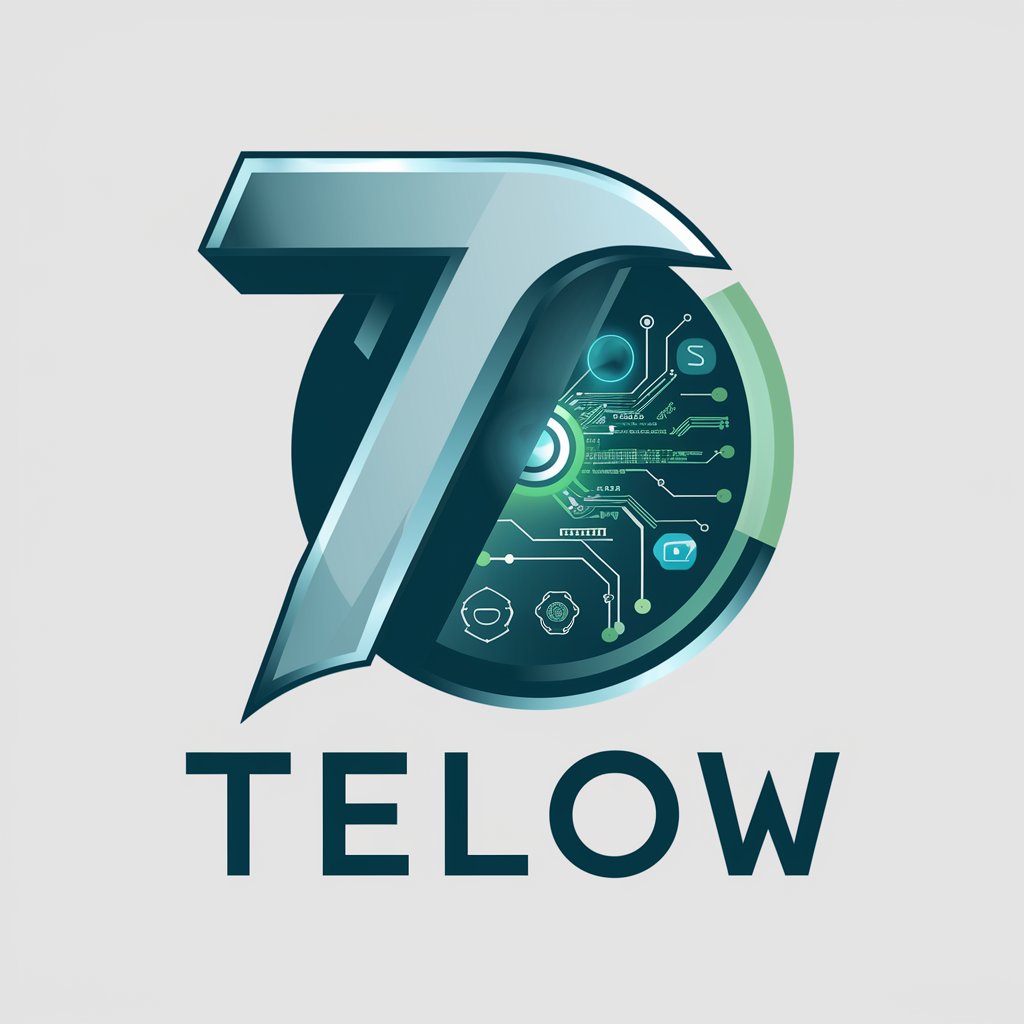
2 Week Notice Letter Free Custom AI GPT
Craft personalized resignation letters with AI ease.

R Code Helper
Empowering R programming with AI
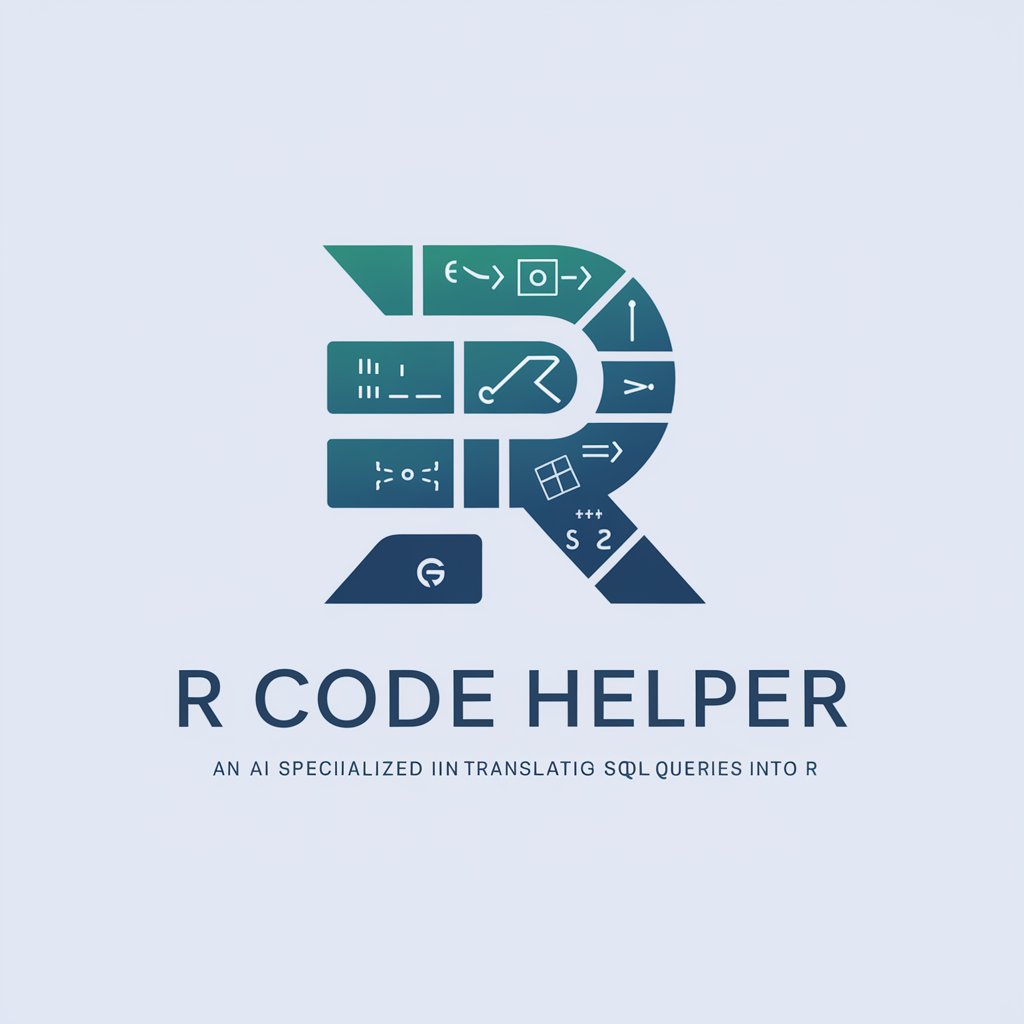
SPATIAL COMPUTING .AI
Unleashing the Power of Spatial Data
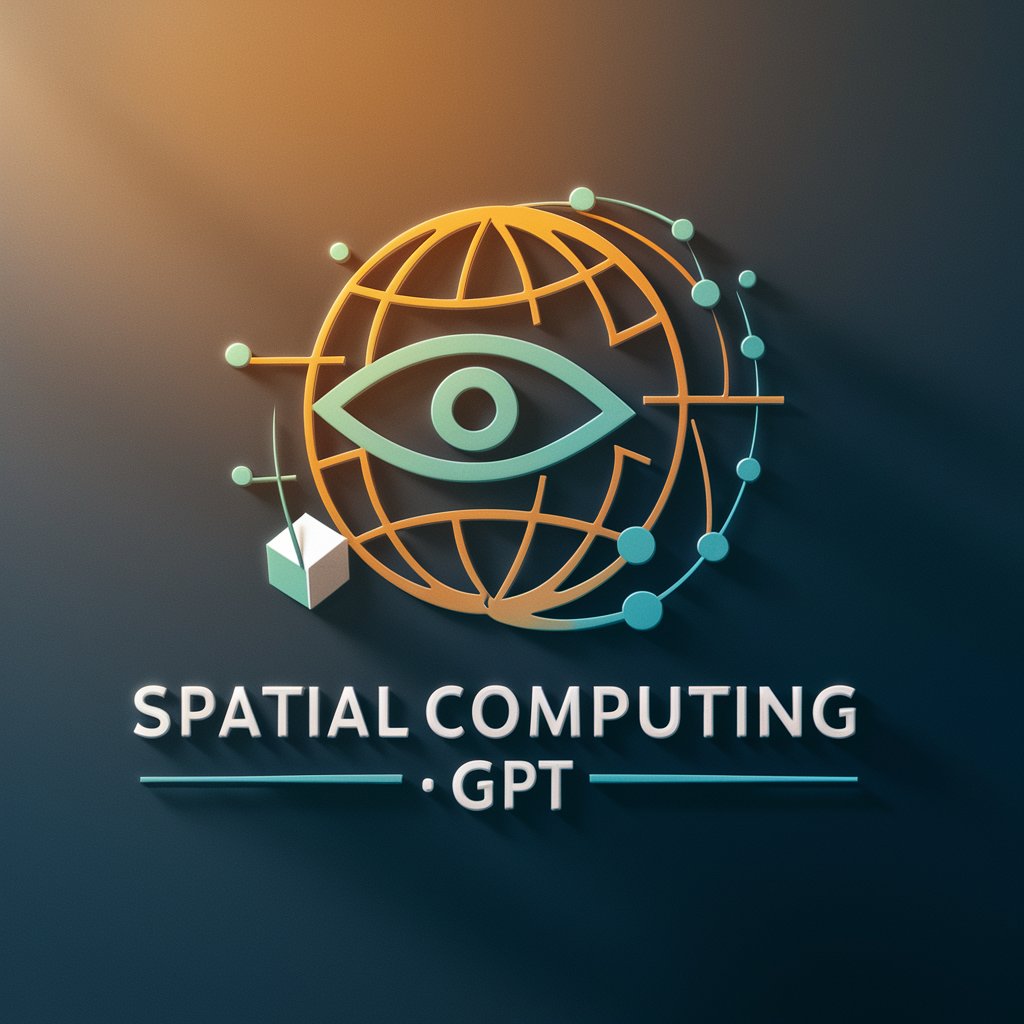
AI Campaign Companion
Craft Epic Tales with AI-Powered Insight
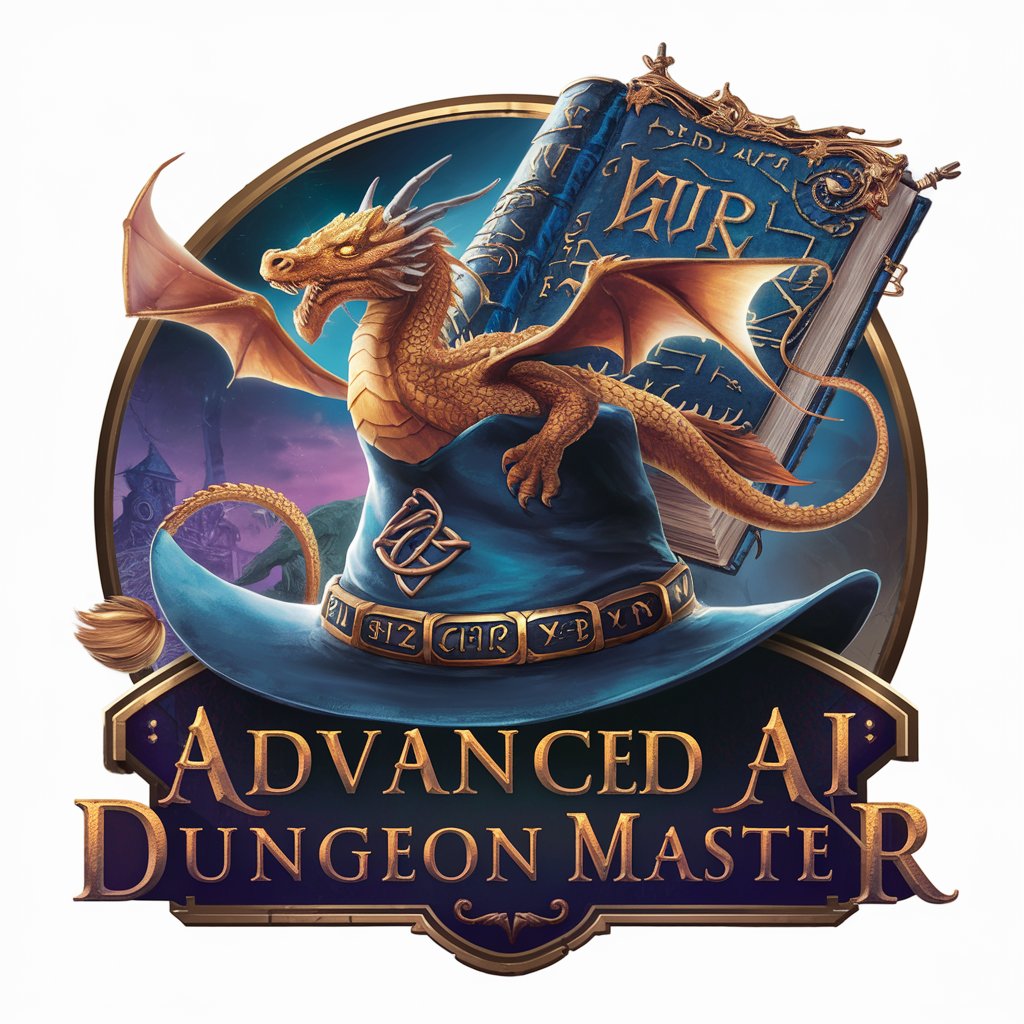
Professional Python
Elevate your Python with AI-powered precision.
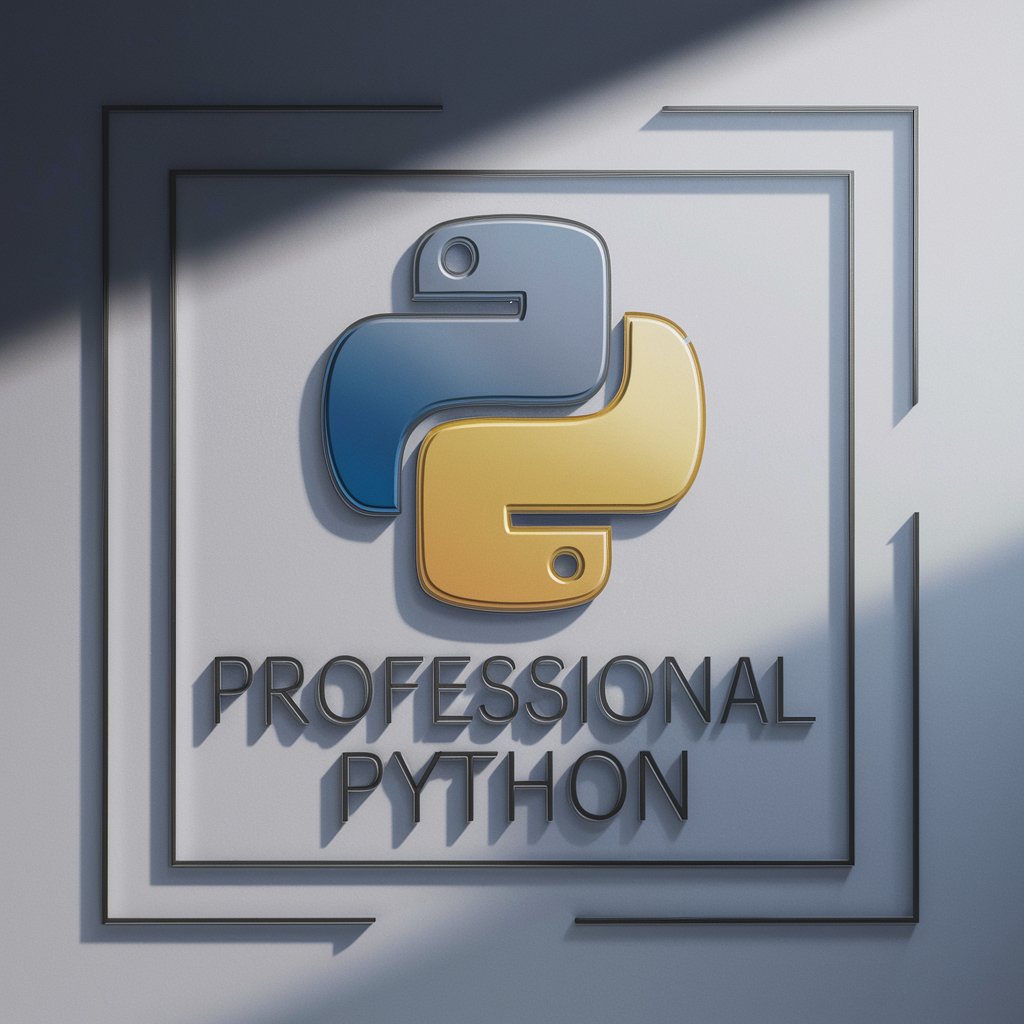
Главные инсайты потребительского поведения 2023
Navigate 2023 with AI-powered consumer insights

Undetectable AI: StealthGPT
Mimic human writing, bypass AI detection.
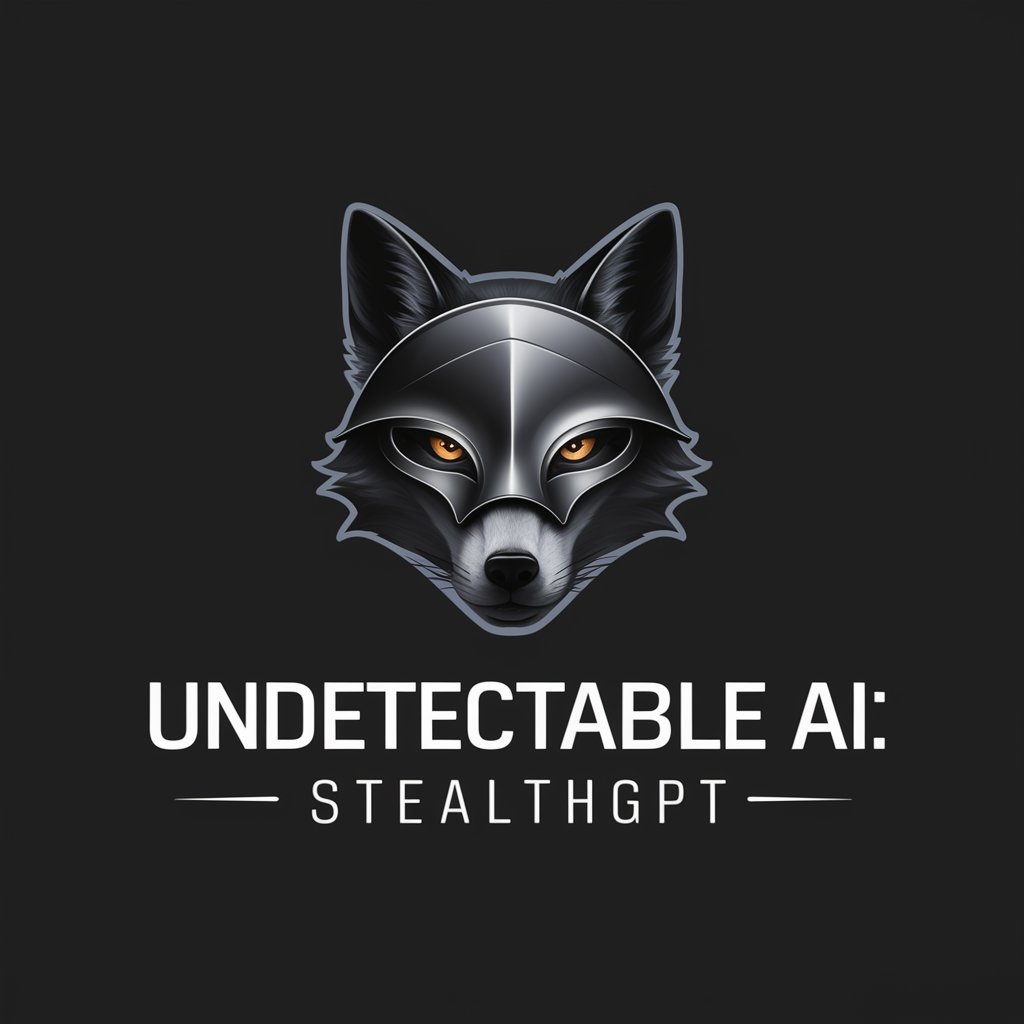
Frequently Asked Questions about WordPress Plugin Coding Assistant
What is the WordPress Plugin Coding Assistant?
It's a specialized tool designed to assist in the development of WordPress plugins, providing code snippets, guidance on best practices, and support for using a specific folder structure and boilerplate code.
How does the Coding Assistant handle specific plugin requirements?
You can specify your plugin development needs, including functionalities and existing code. The Assistant then generates tailored code snippets and guidance based on these inputs.
Can the Coding Assistant help with debugging existing plugins?
Yes, you can present issues or bugs within your current plugin code. The Assistant offers debugging tips and code corrections to resolve these problems.
Is it necessary to have coding experience to use this tool?
While some basic understanding of PHP and WordPress development is beneficial, the Assistant is designed to be accessible to users with varying levels of coding expertise.
How does the Assistant ensure the code adheres to WordPress standards?
The Assistant bases its code generation and advice on the WordPress Codex and coding standards, ensuring that the provided snippets and guidance align with best practices.
